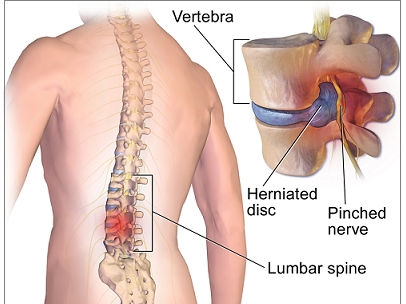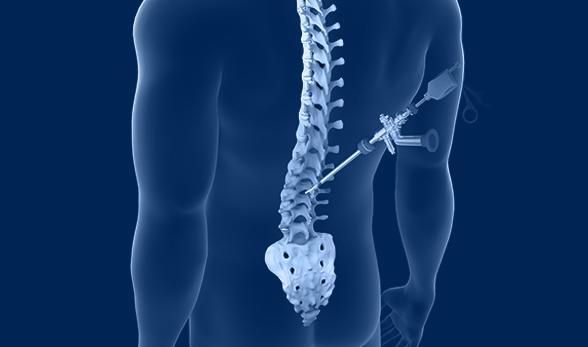Chronic back pain affects millions of people worldwide, significantly impacting their quality of life. When conservative treatments like medication, physical therapy, and injections fail to provide relief, spine surgery may be considered. But how effective is spine surgery in treating chronic back pain? Let’s explore.
What is Spine Surgery and Pain Relief?

Spine surgery involves various procedures aimed at addressing structural issues in the spine, like herniated discs, spinal stenosis, and degenerative disc disease. The goal is to relieve pressure on the nerves, stabilize the spine, or correct deformities. There are two main categories of spine surgery:
- Traditional (Open) Surgery: Involves a large incision and extensive exposure of the spine.
- Minimally Invasive Spine Surgery (MISS): Uses smaller incisions and specialized instruments to minimize tissue damage.
How Effective is Spine Surgery for Pain Relief?
The effectiveness of spine surgery depends on the underlying cause of the back pain. Here are a few key factors:
- Herniated Discs: Surgery for a herniated disc, such as a discectomy, can be highly effective in relieving leg pain caused by nerve compression. However, its effectiveness in relieving chronic back pain alone is more limited.
- Spinal Stenosis: For patients with spinal stenosis (narrowing of the spinal canal), surgeries like laminectomy can provide significant pain relief by decompressing the nerves.
- Degenerative Disc Disease: For chronic back pain due to degenerative disc disease, fusion surgery or artificial disc replacement can be beneficial. However, the results vary, and some patients may experience persistent pain post-surgery.
When Should You Consider Spine Surgery?
Spine surgery is typically recommended when:
- Conservative treatments have failed.
- The pain is debilitating and impacts daily activities.
- There is evidence of nerve compression or instability in the spine.
- There are neurological symptoms like weakness, numbness, or loss of bowel/bladder control.
Risks and Benefits of Spine Surgery
Like all surgeries, spine surgery carries risks such as infection, bleeding, nerve damage, or even persistent pain. However, the benefits often include significant pain relief, improved mobility, and enhanced quality of life.
Benefits:
- Long-term relief for certain conditions like herniated discs or spinal stenosis.
- Restoration of function and mobility.
- Reduced dependence on pain medications.
Risks:
- Surgery may not completely eliminate pain.
- Complications such as infection or failed back surgery syndrome (FBSS).
- Recovery time and rehabilitation may vary.
Conclusion: Is Spine Surgery Right for You?
Spine surgery can be effective in treating chronic back pain, particularly when nerve compression or spinal instability is the root cause. However, it’s important to have realistic expectations and discuss all possible outcomes with your doctor.
For chronic back pain, an accurate diagnosis and careful consideration of surgical options are crucial for success. If you’re dealing with chronic back pain, consult with a spine specialist to explore whether spine surgery is a viable option for you.




